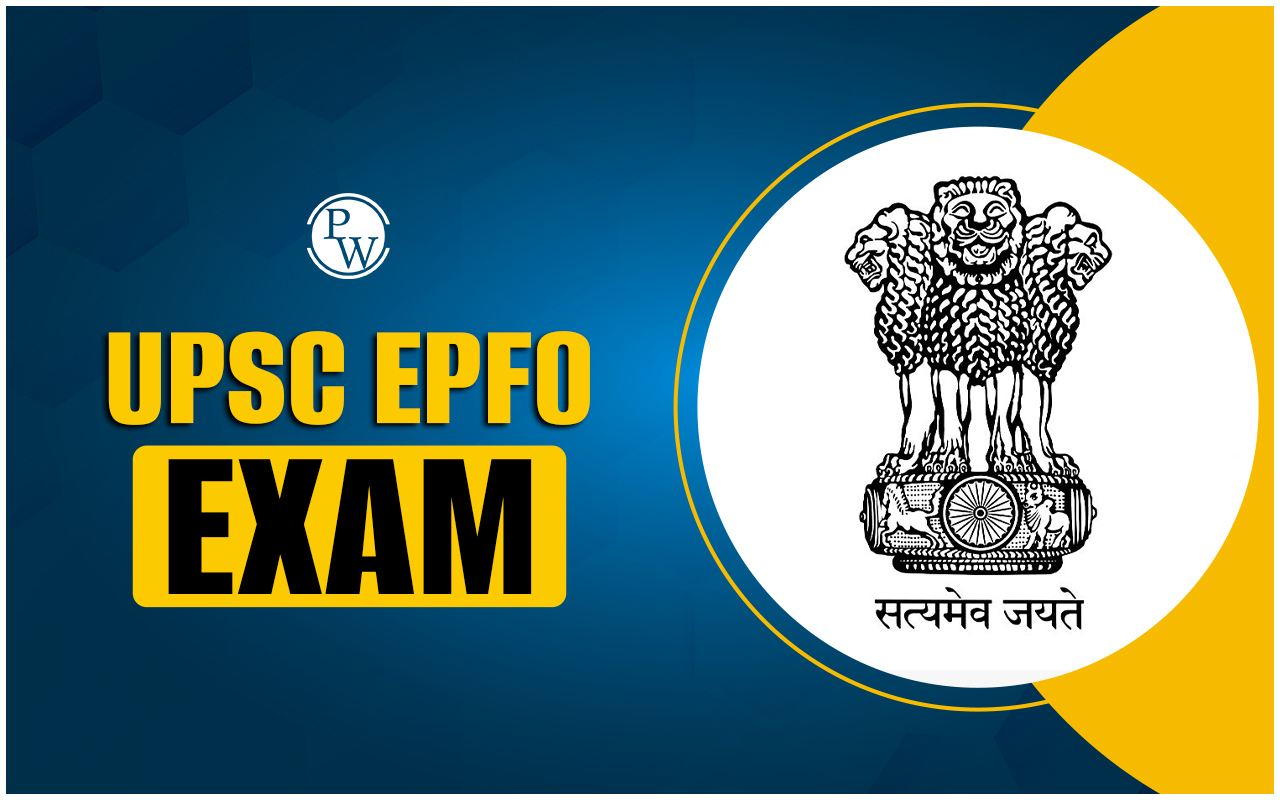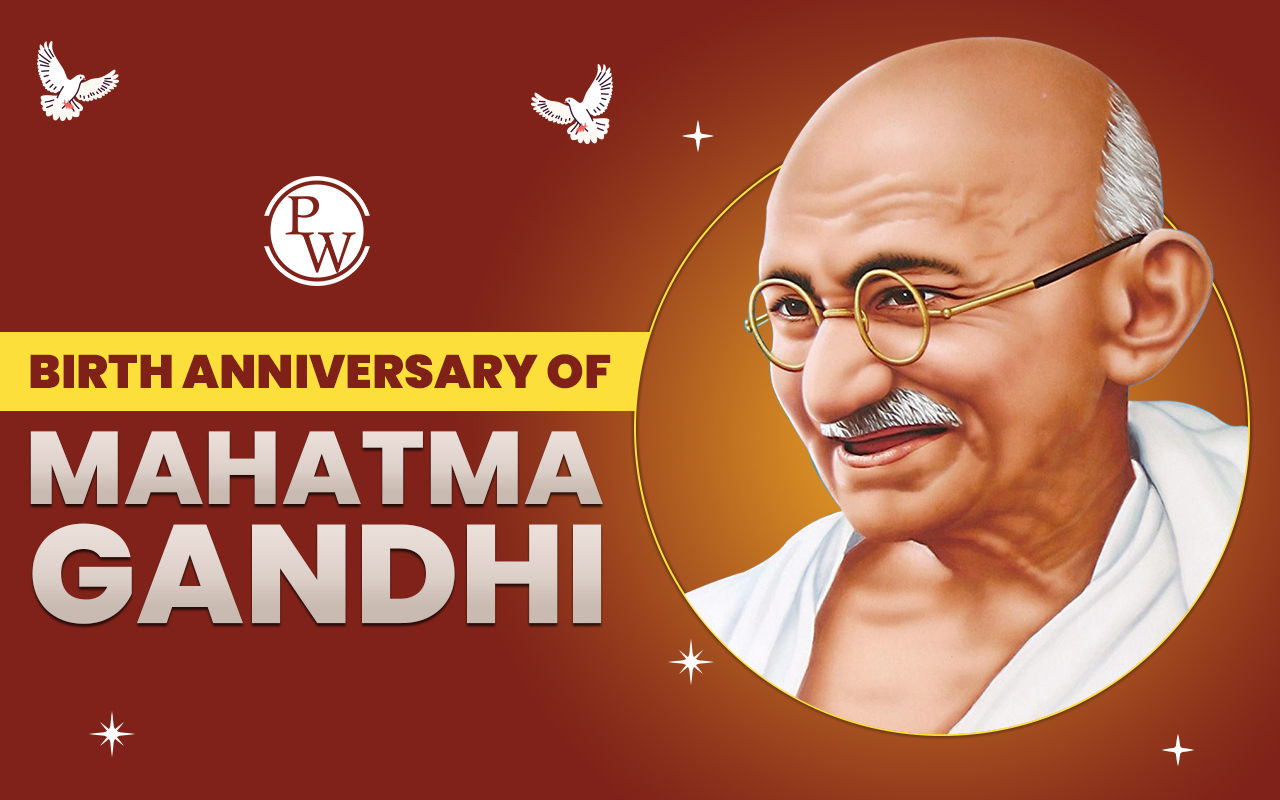

UPSC Mains 2025 is a crucial aspect of the Civil Services Examination that candidates must thoroughly understand to excel. The UPSC Mains tests the candidate's academic expertise and ability to present knowledge coherently. This comprehensive stage consists of nine papers designed to test a candidate's in-depth knowledge across various subjects.
UPSC Mains consists of nine papers, including General Studies, an Optional Subject, and papers on Indian languages, essay writing, and ethics. The UPSC Mains Syllabus 2025 lays the foundation for detailed and focused preparation. It assesses an aspirant's depth of understanding and the ability to analyze issues critically.
UPSC Mains Syllabus 2025
The syllabus for UPSC Mains 2025 is extensive, covering nine papers, including Indian Language, English, Essay, General Studies (I-IV), and two Optional Subjects. It is the second phase of the examination. These papers are designed to assess a candidate's intellectual prowess and depth of understanding of various subjects. Here is the overview of UPSC Mains Syllabus 2025 for candidates to understand it better:| UPSC Mains Syllabus 2025 Overview | |
| Particular | Details |
| Number of Papers | Total 9 Papers |
| Nature of Exam |
|
| Duration of Exam | 3 hours for each paper |
| Qualifying Marks |
|
UPSC Mains Paper Wise Syllabus 2025
The primary aim of the UPSC Mains examination is to evaluate the overall intellectual capacity and depth of comprehension of the candidates, rather than solely testing their memorization abilities or knowledge scope. UPSC Mains Syllabus 2025 has been released in along notification on the official website in both Hindi and English. It is essential to understand the UPSC Mains syllabus and exam pattern to perform well in the exam. Here, aspiring candidates can walk through the paper-wise UPSC Mains Syllabus from below:
| UPSC Mains Paper-Wise Syllabus 2025 | ||
| Paper | UPSC Mains Subjects | UPSC Mains Syllabus Topic wise |
| Paper A | Indian Languages | Compulsory Indian Language of 8th Schedule of the Indian Constitution:
|
| Paper B | English Language |
|
| Paper I | Essay | Candidate can choose to write two essays in a medium of their choice by concisely arranging their ideas in an orderly fashion. |
| Paper II | General Studies I | Indian Heritage and Culture, History and Geography of the World and Society. |
| Paper III | General Studies II | Governance, Constitution, Polity, Social Justice, and International Relations. |
| Paper IV | General Studies III | Technology, Economic Development, Biodiversity, Environment, Security, and Disaster Management |
| Paper V | General Studies IV | Ethics, Integrity, and Aptitude |
| Paper VI | Optional Paper I | Subject-specific syllabus |
| Paper VII | Optional Paper II | Subject-specific syllabus |
Paper A: Indian Language (Qualifying)
| Language | |
| Assamese | Punjabi |
| Bengali | Sanskrit |
| Gujarati | Sindhi |
| Hindi | Tamil |
| Kannada | Telugu |
| Kashmiri | Urdu |
| Konkani | Bodo |
| Malayalam | Manipuri |
| Marathi | Dogri |
| Nepali | Maithili |
| Odiya | Santhali |
Paper B: English (Qualifying)
UPSC Mains English paper aims to evaluate candidates' ability to read and comprehend serious, analytical, and reflective prose. It tests their capacity to express ideas effectively and accurately in English, ensuring clarity, coherence, and proper language usage. The focus is on assessing comprehension skills and the ability to articulate complex thoughts and arguments in a structured and grammatically correct manner.
UPSC Mains General Studies Syllabus 2025
The UPSC Mains General Studies section comprises four papers, each designed to test a candidate’s depth of knowledge, analytical skills, and ability to interconnect subjects for governance and policy-making. Below is a concise yet complete syllabus breakdown in a fresh format.
UPSC Mains Syllabus General Studies Paper I
Theme: Understanding India’s cultural, historical, and geographical evolution alongside global events and societal changes.
1. Indian Heritage & Culture
-
Core aspects of Indian art forms, literary traditions, and architectural styles — from ancient eras to the present day.
2. Modern Indian History
- Major events, personalities, and movements from mid-18th century onwards.
- Phases of the Indian freedom struggle, regional contributions, and key leaders.
- Post-independence challenges — consolidation, integration, and reorganisation.
3. World History
- Landmark events since the 18th century:
- Industrial Revolution
- World Wars
- Colonisation & decolonisation
- Redrawing of political boundaries
- Global ideologies — communism, socialism, capitalism.
4. Indian Society
- Structure and diversity of Indian society.
- Role of women, women’s movements, and gender issues.
- Population dynamics, poverty, urbanisation, and related challenges.
- Social empowerment, communalism, regionalism, secularism.
- Impact of globalisation on India.
5. Geography
- Distribution of natural resources worldwide and within South Asia.
- Location factors for industries across sectors.
- Key geophysical phenomena — earthquakes, tsunamis, volcanic activity, cyclones.
- Changes in physical geography — water bodies, ice caps, flora & fauna.
- Major landforms and physical geography of the world.
UPSC Mains Syllabus General Studies Paper II
Theme: Understanding India’s constitutional framework, governance systems, policy issues, and external relations.
1. Indian Constitution
- Historical roots, evolution, salient features, and significant amendments.
- Doctrine of basic structure.
- Comparative analysis with other constitutions.
- Federal structure — powers, responsibilities, and challenges in devolution.
- Separation of powers & dispute resolution.
2. Political & Administrative Structure
- Executive and Judiciary — structure and functioning.
- Parliament and State Legislatures — powers, procedures, privileges.
- Ministries, departments, and the role of pressure groups.
- Constitutional, statutory, and quasi-judicial bodies.
3. Governance & Policy
- Government initiatives and sectoral interventions — design, implementation challenges.
- Development processes involving NGOs, SHGs, and community groups.
- Social sector issues in health, education, human resources.
- Poverty and hunger mitigation strategies.
- Good governance — transparency, accountability, e-governance, citizen charters.
- Civil services and their role in democracy.
4. International Relations
- India’s relations with neighbours.
- Global, regional, and bilateral groupings affecting Indian interests.
- Impact of global policies on India, including diaspora issues.
- Role and structure of major international institutions and agencies.
UPSC Mains Syllabus General Studies Paper III
Theme: Linking economic growth, technology, environmental sustainability, and national security.
1. Indian Economy
-
Growth, development, planning, and employment generation.
-
Budgeting, resource mobilisation, and inclusive growth.
-
Post-1991 liberalisation effects and industrial policy shifts.
-
Infrastructure development — energy, transport, ports, airports, railways.
-
Investment models including PPP.
2. Agriculture
- Cropping patterns, irrigation types, storage, marketing, and transport.
- E-technology for farmers and animal husbandry economics.
- Food processing industry — scope, supply chains, and location factors.
- Agricultural subsidies, MSP, PDS reforms, buffer stock management.
- Land reforms and technology missions.
3. Science & Technology
- Emerging developments and everyday applications.
- Indian contributions in S&T.
- Technology indigenisation and innovation.
- Awareness in IT, space, robotics, nanotech, biotech.
- Intellectual property rights.
4. Environment & Disaster Management
- Resource conservation, pollution control, EIA.
- Environmental degradation and restoration.
- Disaster laws and management frameworks.
5. Internal Security
- Terrorism, extremism, and their socio-economic linkages.
- Cyber security, money laundering, and media’s role in security.
- Border security and organised crime.
- Security agencies and their mandates.
UPSC Mains Syllabus General Studies Paper IV
Theme: Moral philosophy, public service values, and ethical decision-making.
1. Ethics & Human Interface
- Nature, scope, and determinants of ethics in human action.
- Public vs private ethics, moral values from leaders and reformers.
- Role of family, society, and education in value formation.
2. Attitude
- Components and influence on behaviour.
- Political, moral attitudes, persuasion, and social influence.
3. Aptitude & Core Values
- Integrity, impartiality, objectivity, empathy, tolerance, compassion.
- Foundational values of civil service.
4. Emotional Intelligence
-
Concepts, applications in governance, and administration.
5. Thinkers & Philosophers
-
Contributions from Indian and global moral thinkers to ethical theory.
6. Public Administration Values
- Accountability, transparency, codes of ethics/conduct.
- Work culture, service quality, RTI, corruption challenges.
- Citizen charters, public fund utilisation, corporate governance.
- Ethical dilemmas in governance and international relations.
UPSC Mains Optional Subjects
Candidates have to choose one UPSC Mains optional subject from a list provided by UPSC. This choice can significantly impact the overall score, so it should be made wisely. Here is a list of the optional subjects for UPSC Mains 2025:UPSC Mains Exam Pattern 2025
Along with the UPSC Mains syllabus topic wise, candidates must know the exam pattern. UPSC Exam pattern 2025 for Mains consists of nine papers, all descriptive. Papers in Indian Language and English are qualifying in nature, while the marks obtained in the rest are counted for the final ranking.| UPSC Mains 2025 Exam Pattern | |||
| Paper | UPSC Mains 2024 Subjects | Marks | Duration |
| Paper A | Compulsory Indian Language of 8th Schedule of the Indian Constitution | 300 marks | 2 hours |
| Paper B | English Language | 300 marks | 2 hours |
| Paper I | Essay | 250 marks | 2 hours |
| Paper II | General Studies I | 250 marks | 2 hours |
| Paper III | General Studies II | 250 marks | 2 hours |
| Paper IV | General Studies III | 250 marks | 2 hours |
| Paper V | General Studies IV | 250 marks | 2 hours |
| Paper VI | Optional Paper I | 250 marks | 2 hours |
| Paper VII | Optional Paper II | 250 marks | 2 hours |
Tips to Cover UPSC Mains 2025 Syllabus
Preparing for the UPSC Mains exam is a marathon, not a sprint. It requires a well-thought-out strategy, dedication, and an unwavering commitment to your goals. Below are some focused tips that can guide your preparation journey, ensuring you stay on track and maximize your performance:- Comprehensive Understanding : Begin with a thorough reading of the syllabus and previous years' question papers.
- Integrated Approach: Link the topics across different papers, especially the General Studies.
- Writing Practice: Regular answer writing practice is crucial. Time management and answer structuring can make a significant difference.
- Revision: Make concise notes for revision, focusing on key concepts and facts.
- Current Affairs: Stay updated with current events and understand their background and implications.
Want to cover the UPSC Mains syllabus? Explore PW UPSC online coaching!
| Important Links | |
| USPC Exam Dates | UPSC Mains Exam Date |
| UPSC Syllabus 2025 | UPSC Mains Admit Card |
UPSC Mains Syllabus 2025 FAQs
How many optional subjects do I need to choose for UPSC Mains?
Are the marks obtained in the qualifying papers counted for the final ranking?
How many papers are there in the UPSC Mains exam?
Are there qualifying papers in the UPSC Mains exam?
Can I change my UPSC Mains optional subject after the Prelims?












